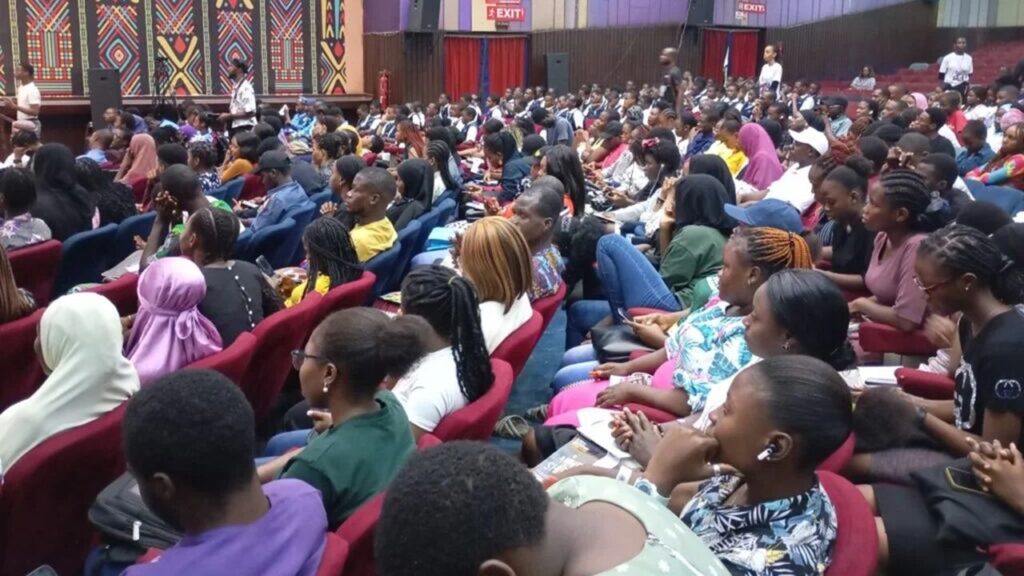The National Directorate of Employment (NDE) has revealed that about 41,307 Nigerian youths are currently undergoing various skill acquisition programmes across the 36 states of the federation and the Federal Capital Territory (FCT).
Director-General of the NDE, Silas Agara, made this known in Abuja, noting that the ongoing training forms part of the second phase of the Renewed Hope Empowerment Initiative (RHEI), a programme aimed at equipping young Nigerians with marketable skills to make them self-reliant or employers of labour.
“Presently, about 41,307 youths are undergoing training across the country under the four core programmes,” Agara said. “We remain fully committed to reducing unemployment and poverty to the barest minimum, as there is no alternative to doing so.”
He explained that over 33,886 youths had earlier been trained under the first phase of the RHEI between the third and fourth quarters of 2024, while 4,683 beneficiaries were resettled with loans, starter packs, and business tools to enable them to establish small-scale enterprises.
Represented by Amiola Muftau at the 2025 Annual Conference of the Labour Correspondents Association of Nigeria (LACAN), the NDE boss said the Directorate’s operations are anchored on four core programmes, Vocational Skills Development (VSD), Small Scale Enterprises (SSE), Rural Employment Promotion (REP), and Special Public Works (SPW) each targeting a specific segment of Nigeria’s unemployed population.
He listed the agency’s training schemes to include the Basic and Advanced National Open Apprenticeship Schemes, Community-Based Training Scheme, and School-on-Wheels under VSD; as well as the Start-Your-Own-Business and Women Empowerment Branch under SSE.
Others include the Sustainable Agricultural Development Training Scheme and Poultry and Fish Farming Production Training Schemes under REP, and the Graduate Attachment and Solar Energy Training Schemes under SPW.
Agara reaffirmed the Directorate’s resolve to tackle unemployment and poverty through sustainable empowerment, enterprise creation, and agricultural engagement, adding that skill acquisition remains central to Nigeria’s economic recovery.















